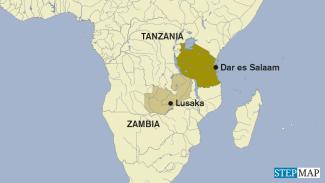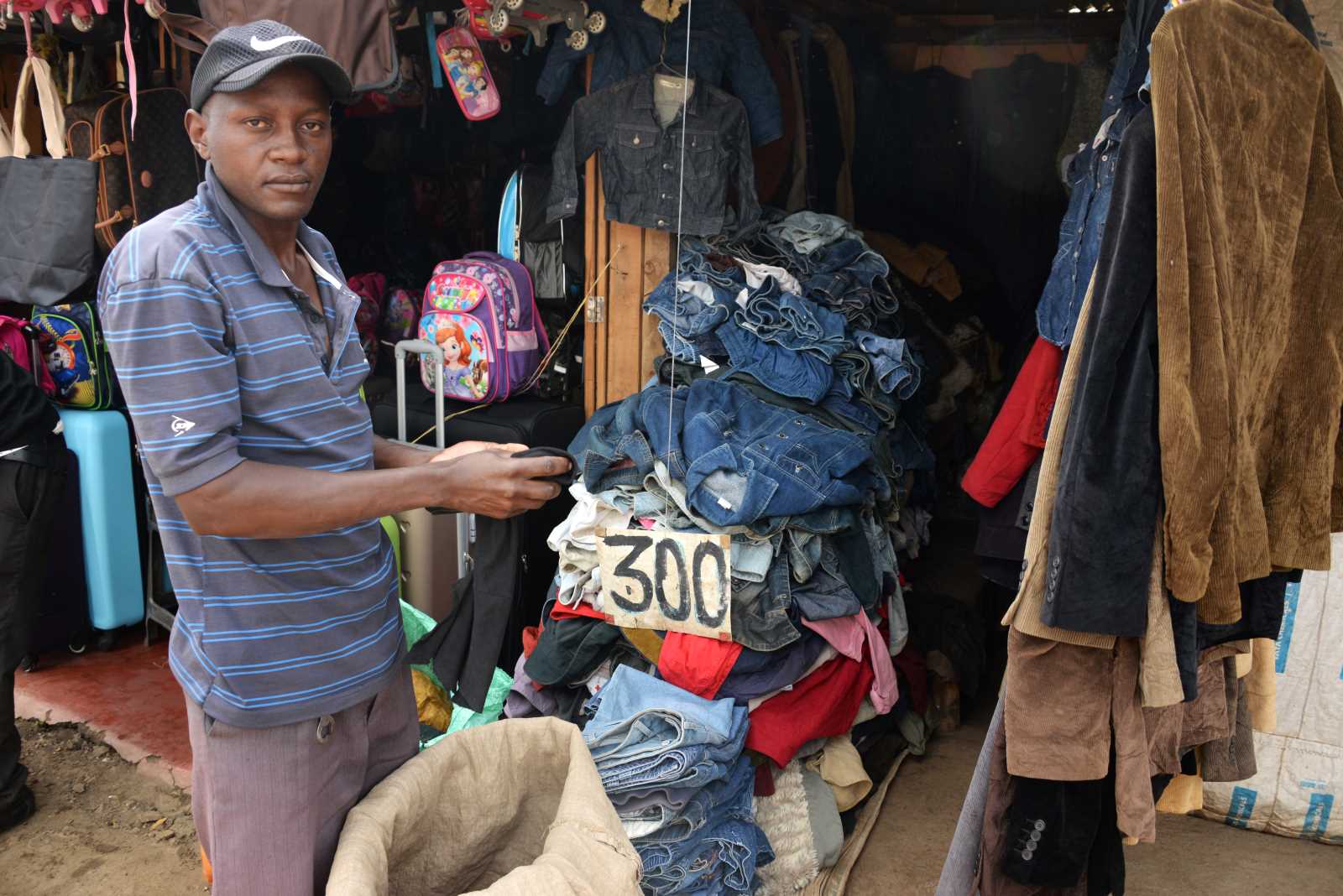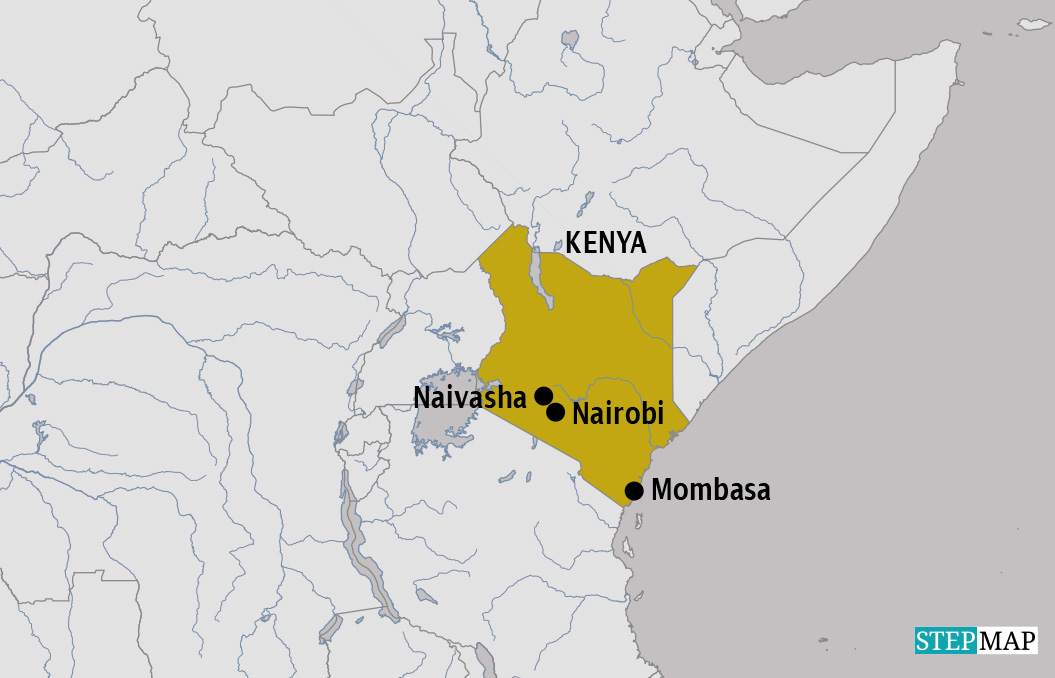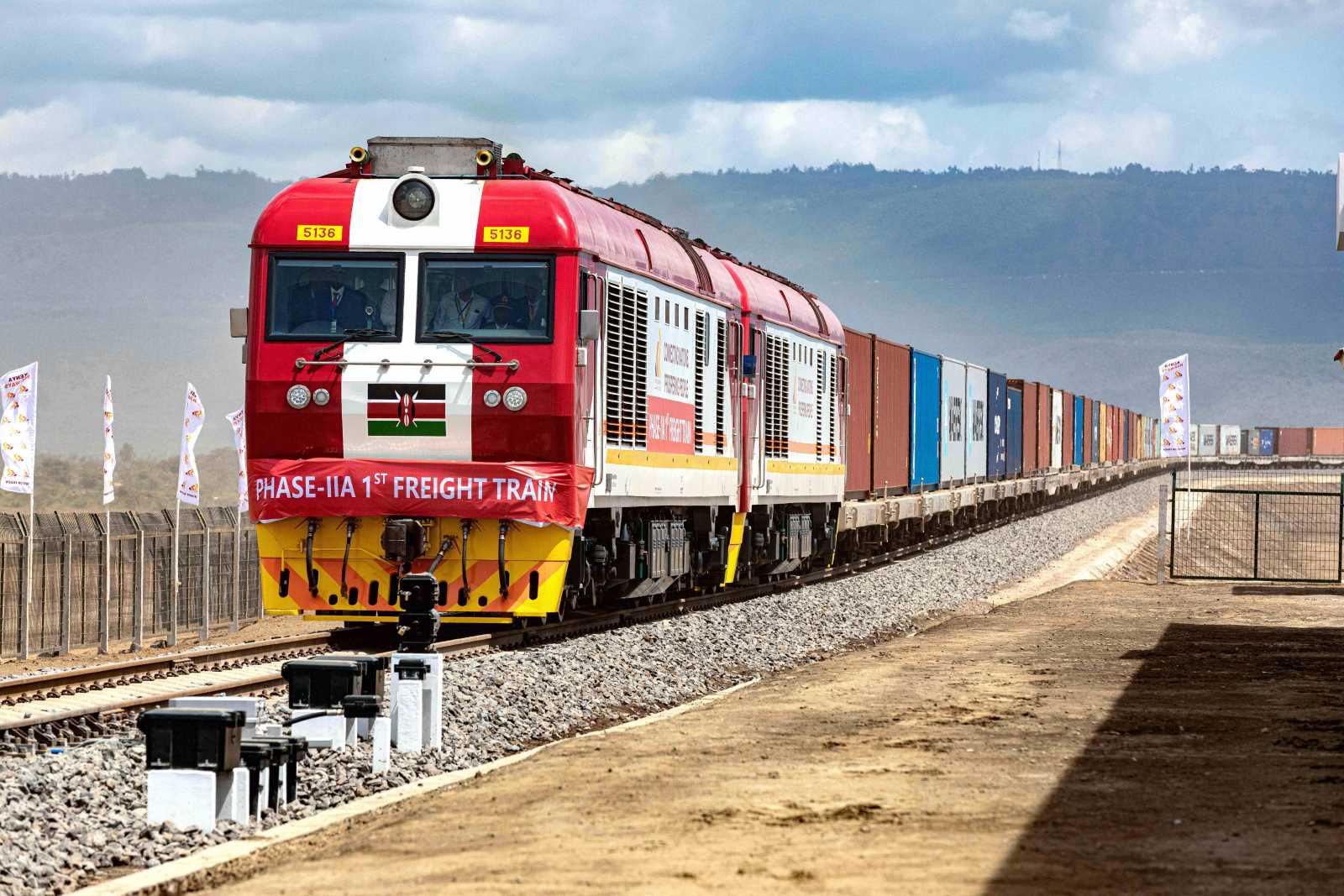Seaports
Building a better gateway

The three East African nations are upgrading their seaports by modernising cargo-handling equipment, deepening berths where ships are moored, improving cargo terminals and strengthening links with inland road and rail networks.
Among the biggest such projects is under way at the port of Dar es Salaam, which handles 90 % of Tanzania’s international cargo. The upgrade, called the Dar es Salaam Maritime Gateway Project, was launched in 2017 with a World Bank loan of $345 million plus a $12 million grant. The project is planned for completion in 2024.
The port is a major player in the region. About 35 % of its throughput travels onward to neighbouring landlocked nations including Zambia, Malawi and Burundi. But the port is reaching the limits of its capacity. Long queues for loading and unloading ships – caused by obsolete equipment and inefficient processes – raises costs for maritime carriers and for their customers, the cargo owners say.
“Our automobile business depends on this port’s efficiency and its ability to process cargo intended for Zambia,” explains Webster Mulambia, chairman of the Car Dealers Association of Zambia. “This project will speed up cargo handling and customs clearance, which will lower our cost of doing business.” Ruth Chinyimba, a dealer in spare automobile parts at Lusaka’s Town Centre Market, adds: “The rehabilitation of the Dar es Salaam port will help my business. My customs logistics will be done with ease.”
Currently, ships carrying cargo from across the world queue up for an average of 10 days before they can be unloaded. It takes another 10 days to unload cargo from large vessels, clear it through customs and get it onto trucks or freight trains.
“My merchandise takes two months to be delivered and this affects my cash flow,” says Reagan Nkamba, a Zambian importer of Chinese-made smartphones. “As you know, in business time is money.”
Looking at the broader picture, Tanzanian Prime Minister Kassim Majaliwa says the upgrade will help Tanzania to compete with neighbouring countries in making the most of their strategic location on trade routes between Africa, South Asia and the Far East. “This project will enable Tanzania to make the most of its geographical opportunities and will stimulate economic growth,” he said recently when presenting his 2021-22 budget proposal to parliament.
Derrick Silimina is a freelance journalist based in Lusaka. He focuses on Zambian agriculture and sustainability issues.
derricksilimina@gmail.com












